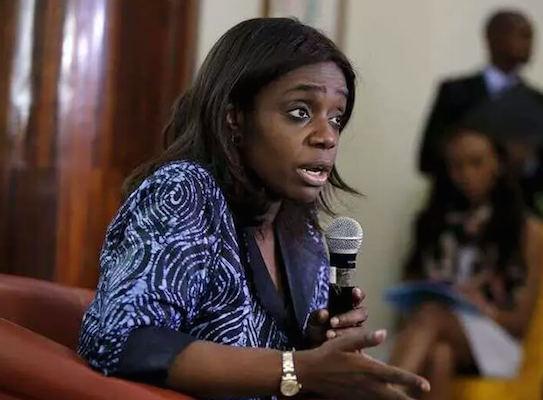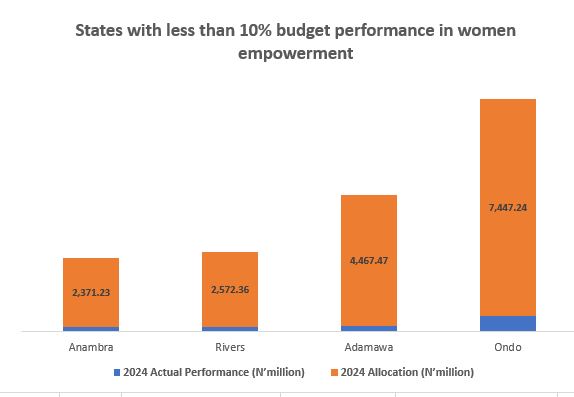The Federal Government has approved a whistle blowing programme thatô will reward anyone who voluntarily discloses information about aô possible financial misconduct or violation with between 2.5 andô 5percent of the recovered or concealed public funds.
The policy which was approved by the Federal Executive Council onô Wednesday during its meeting at the Presidential Vill, Abuja will helpô toô expose financial or financially related crimes reducing the rate ofô pilfering in government establishments giving room for accountabilityô and transparency in the management of public funds.
Council approved the new policy following a memo by the minister ofô finance Kemi Adeosun at its last session for year. The policy isô expected to bridge the gap until the whistle blowers protection billô is passed by the National Assembly.
Briefing journalists after the FEC meeting, minister of financeô alongside ministers of works, power and housing, Babatunde Fashola andô the minister information Lai Mohammed, said the new policy, will alsoô improve Nigeriaãs Open Government Ranking and Ease of Doing Businessô Indicators as well as aid the recovery of public funds that can beô deployed to finance Nigeriaãs infrastructure deficit.
Whistle blowers are entitled to a reward as well as protection by the relevant government agencies, depending on the kind of informationô they provide.
ãIt depends. If there is a voluntary return of stolen or concealedô public funds or assets on the account of the information provided, theô whistleblower may be entitled to anywhere between 2.5% (Minimum) andô 5.0% (Maximum) of the total amount recoveredô ãYouô mustô haveô providedô the Government with information it does notô already have and could not otherwise obtain from anyô otherô publiclyô available sourceô toô theô Governmentã Adeosun explained.
The programme may also boost the President Muhammadu Buhariãs antiô corruption war as well as improve the level of confidence in publicô entities. Nigerians may also cash in on the opportunity to make extraô money from reporting graft, even as the authorities say tips will beô well verified before a case is opened.
Explaining how the programme will work, Adeosun said a secured portalô has been created for the submission and follow-up of information. Onceô the information is submitted, the portal will generate a uniqueô reference number
Information can be submitted on the mismanagement or misappropriationô of public funds and assets (e.g. properties and vehicles); Financialô malpractice or fraud; Collecting / soliciting bribes; Corruption;ô Diversion of revenues; Fraudulent and unapproved payments; Splittingô of contracts; Procurement fraud (kickbacks and over-invoicing etc.).
However, the programme does not apply to personal matters concerningô private contracts or agreements.
More Nigerians will be encouraged to come forward with informationô without fear of victimisation as has been the case in the past asô information can also be submitted anonymously on the portal.
Information including documentary evidence and details of theô infractions can be submitted through the online portal by e-mail or byô phone, by anybody with the required information on internalô stakeholders e.g. Government employees; Inter-Government institutionalô stakeholders; and All members of the public.
The programme will also protect whistleblowers who provide informationô in public-spirit and in good faith. ãIf you feel that you have beenô treated badly because of your report, you can file a formal complaint.
If you have suffered harassment, intimidation or victimisation forô sharing your concerns, restitution will be made for any loss sufferedãô she added.
A bill seeking to protect persons with useful information on corruptô practices and other high profile crimes in the public establishmentsô from undue harassment and persecution have already scaled secondô reading at the upper chambers of the National Assembly.
According to Transparency Internationalãs 2014 report, Nigeria ranksô 136th out of 175 countries of corrupt countries.
Sponsor of the bill, Abiodun Olujimi (Ekiti South), at a sittingô inô the red chambers said corruption posed a threat to economic growth asô ãwhen faced with corruption, only few people have the courage to speakô up. Reporting questionable practices or abuse of power withoutô protection is simply too risky for manyã.











